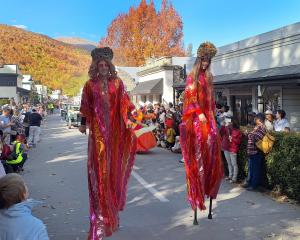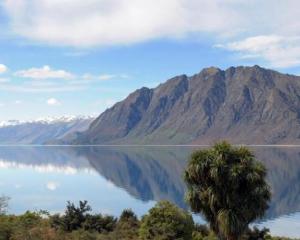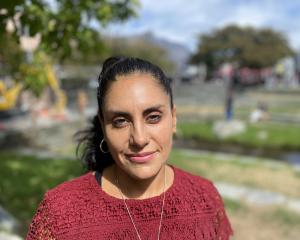
The district council's community and services committee is recommending the condition be added to its gambling policy, but prefers a ``wait and see'' approach to a proposed ``sinking lid'' policy that would stop new venues being set up altogether.
A report presented at last week's committee meeting said the council's gambling policy, which is up for review, had worked effectively for the past 12 years. It had reduced by four the number of premises with gaming machines, and the number of gaming machines in the district had fallen by 50 over that time.
Although the policy was similar to those of the Dunedin, Christchurch and Auckland councils, Dunedin had an extra condition that prevented non-casino gaming machine operators setting up in residential areas. Such a condition would also prevent gambling venues being established in recreational areas, and beside any school, early childhood facility, place of worship or other community facility.
``The addition of the new condition will allow for an element of protection to our expanding residential areas and should not raise any concerns from any existing premises in our district, including the one venue that is currently in a residential area,'' the report said.
Council staff asked the Department of Internal Affairs for advice about a sinking lid policy, and requested data on the level of problem gambling in the district compared with other districts. The department responded Queenstown Lakes was in the ``lower decile'' for problem gambling nationally.
The Auckland Council adopted a sinking lid policy in 2013, which meant it did not grant consent for new non-casino gaming venues or to existing operators wanting to relocate, the report said.
``Over time, the number of venues with machines will reduce, eventuating to a gaming-free community, with the exception of casinos.''
A down side of a sinking lid policy was that funding for community groups generated by gaming machines also declined.
Committee chairman Scott Stevens said it was tempting to recommend a sinking lid condition, but the information provided by the department on the issue was ``vague''.
He preferred a wait-and-see approach, as the policy would be reviewed again in three years.
If supported by the full council, the proposal would go out for public consultation. Submissions are expected to open on Saturday.
At the same meeting, the committee recommended continuing the district's brothel control bylaw without any changes.
An officer's report on the bylaw, last reviewed in 2011, said brothels were allowed within specified areas of Queenstown and Wanaka.
Those areas were chosen because they were covered by CCTV, had high foot traffic and were close to police stations, all of which helped to minimise potential ``negative issues'' that could arise from brothels in more remote locations.
There are no brothels in Queenstown or Wanaka at present.
Council regulatory manager Lee Webster said it received about one inquiry a year from parties interested in registering a brothel in the district.
Corporate services general manager Meaghan Miller said it was likely that businesses ``unknown to us'', and registered in other districts, were providing prostitution services.
Like the gambling policy, the brothel bylaw will go out for public consultation if approved by the full council.












